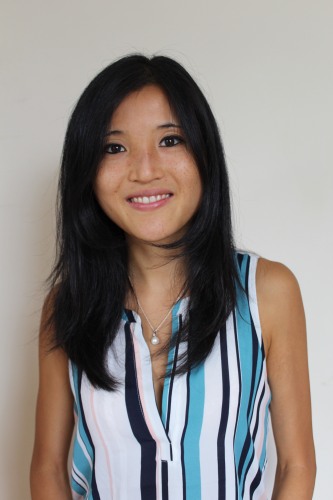TEDx New England
How the Earth's Rhythms Keep Time
DEEPS Assistant Professor Harriet Lau recently presented at TEDx New England on the our planet's natural cycles and rhythms – from micrometers to thousands of miles, and from milliseconds to millions of years. Throughout Earth's multi-billion-year history, these rhythms collide, interact, and unfold, influencing humanity and shaping our experience of time.
Read Article
